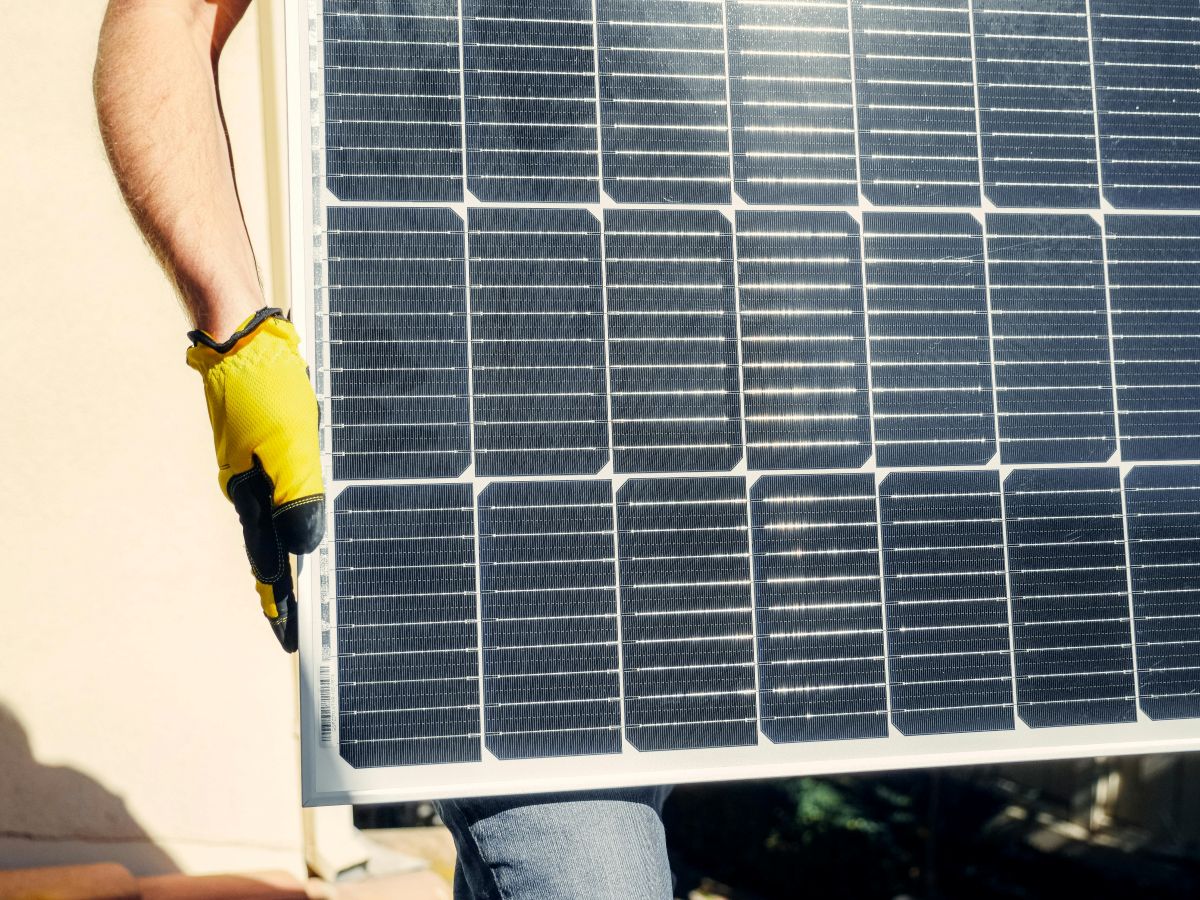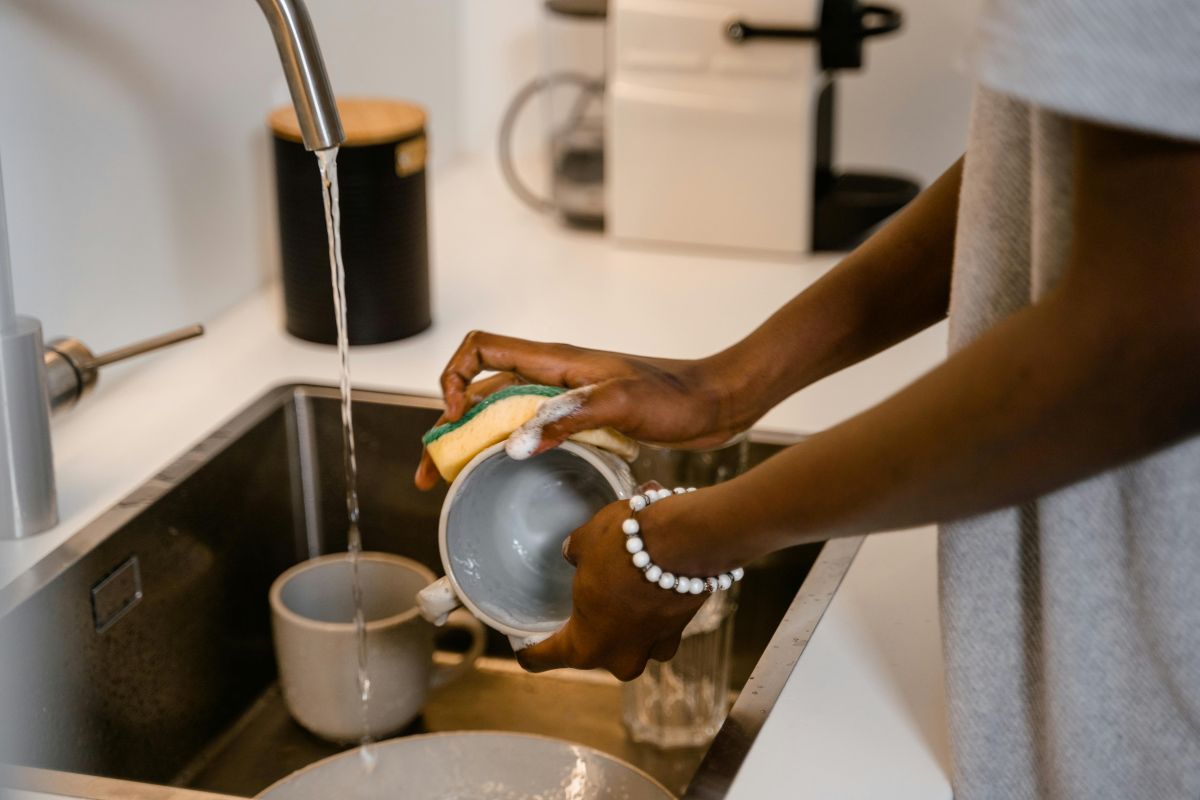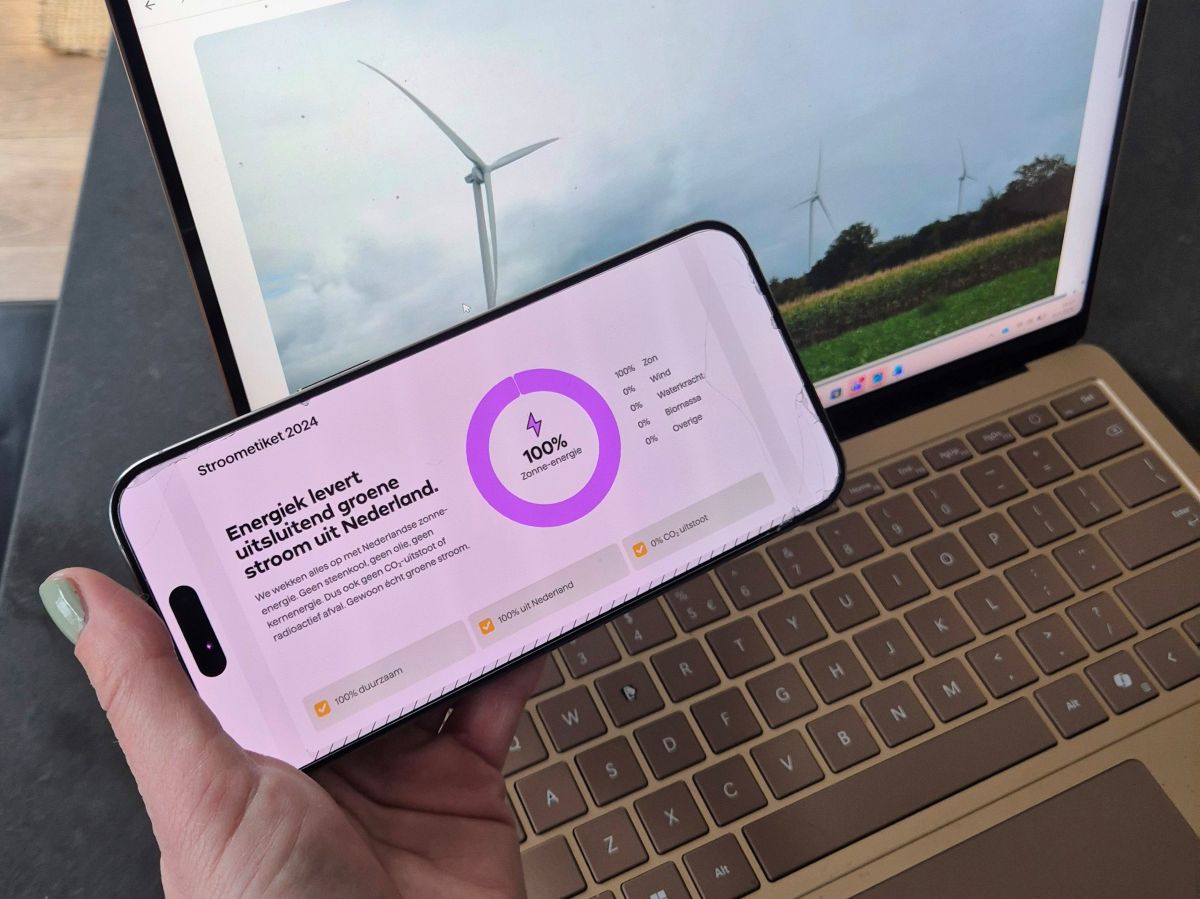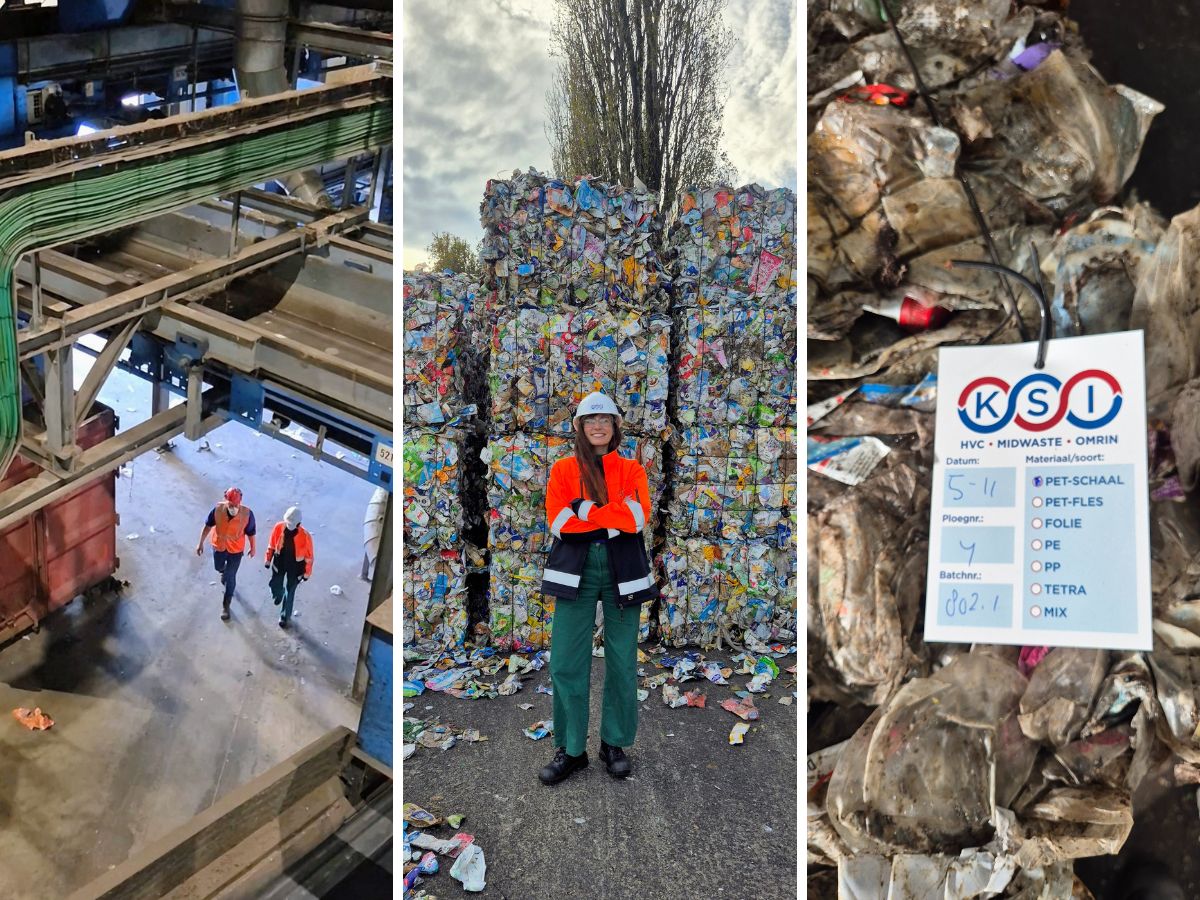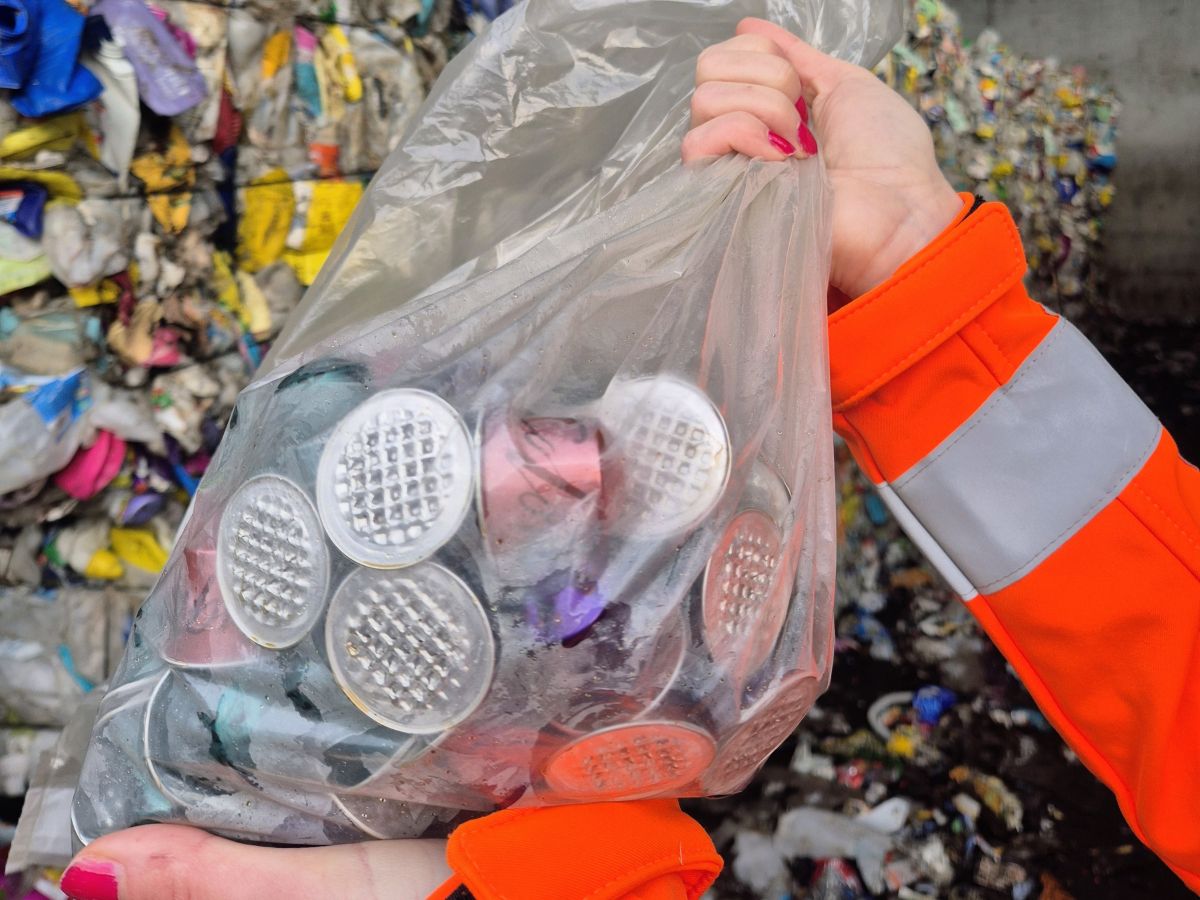More and more people are generating their own power with solar panels on their roofs. But did you know that much of that solar power goes straight into the grid because you are not using it at the time? A shame! That's why Frank Energie - a green energy company that links smart IT with sustainable power - answers questions about the home battery. What exactly is it, why is it suddenly such a hot topic and how does it work for your home or business premises? We list it for you.
What is a home battery?
In cooperation with Frank Energie
A home battery is actually exactly what you think: a large home battery in which you can store excess solar power. During the day, when the sun is shining and you are not at home or consuming little, you produce more energy than you use. With a home battery you can store that surplus to use it later, for example in the evening when you need power but the sun is no longer shining.
Why is it suddenly such a hot topic?
That has everything to do with the net-metering scheme. That scheme, which allows you to offset electricity you feed back into the grid against the electricity you take off the grid, will be abolished from 2027. This means that returning power to the grid will become less attractive financially. By storing your own electricity, you can still take full advantage of your solar panels. So, especially with rising energy prices and pressure on the electricity grid, it makes sense that the home battery is in the spotlight.
So how does that work in your home or business premises?
In a home, it works very simply: the battery is connected to your solar panels and your smart meter. It recharges when there is power left over and gives that power back to your household when you need it. Everything happens automatically, you don't really have to worry about it. A home battery can also be interesting for entrepreneurs with a shop or business premises, for instance. Think of a hair salon, lunchroom, boutique, office or a company with a workshop or production site with solar panels on the roof. Your power consumption during office hours is often high and coincides with your solar power generation. With a battery, you can absorb peaks and relieve your grid connection, which can save costs in the long run. And it looks good on your sustainability report too!
When is it interesting?
A home battery is especially interesting if you already have solar panels and you generate a lot of power during the day that you do not use immediately. With a dynamic energy contract - like the one from Frank Energie - you can even respond intelligently to power prices. For instance, by charging cheaply and delivering back when the price is high. For companies, the higher your peak consumption, the greater the benefit. Especially if you will soon have to pay for grid load at peak times, a home battery can really pay off.
Are you considering a home battery?
A home battery is not a cheap gadget, but it is a smart investment in a more sustainable and self-sufficient future. Whether you have a house with ten solar panels or a business premises that is completely full: it is a smart way to get more out of your own power. If you combine the battery with a heat pump, you run it at times when your battery is full. That means lower costs and a pleasant indoor climate. One of the possibilities is the Bliq home battery: a Dutch battery that is safe, works with almost all solar panel systems and controls everything automatically.
Photo credits: Kindel Media.

